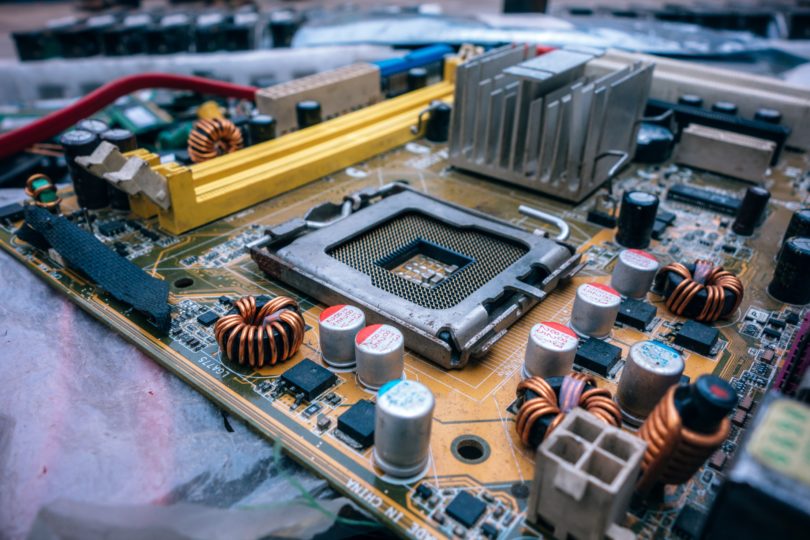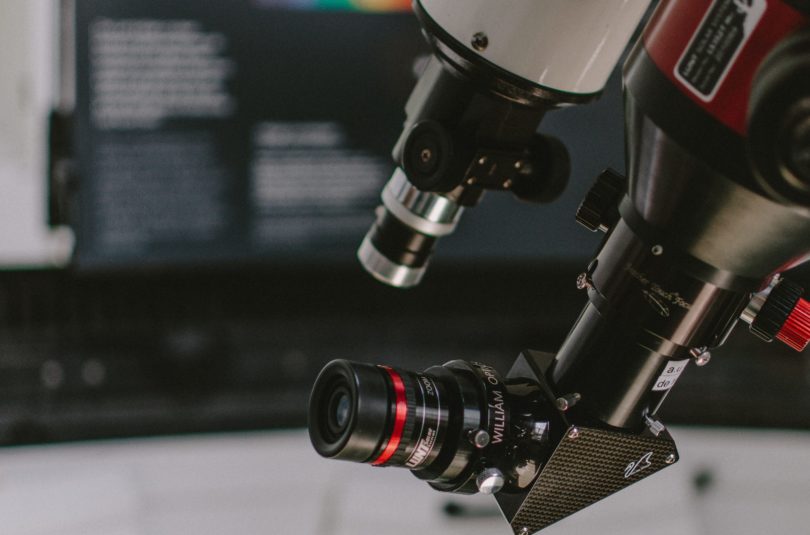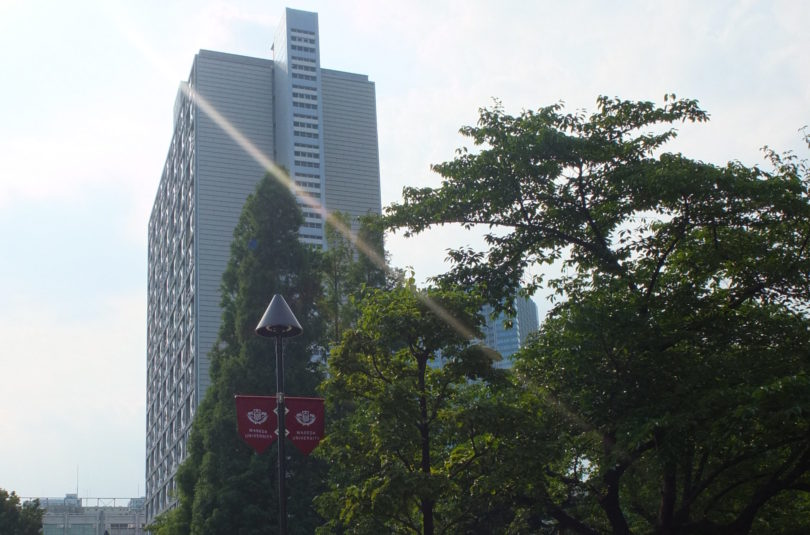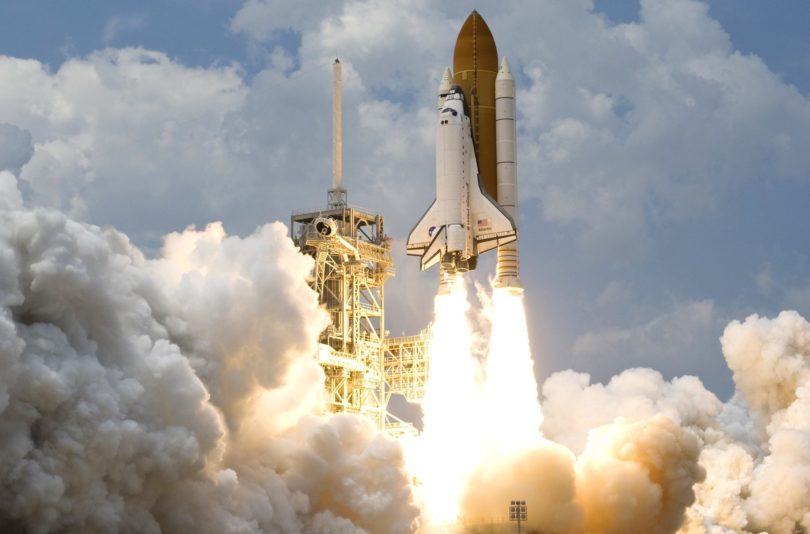Students enrolled at the Department of Mechanical Science and Aerospace Engineering attend specialized courses during the second grade. All the first year courses are common subjects, such as mathematics, physics, and chemistry, and specialized subjects such as experimental methods, programming, foreign languages, and multidisciplinary subjects. Starting in the second year, the curriculum comprises specialized subjects aimed at nurturing competent engineers and researchers who will play active roles in the field of aerospace engineering, which is considered as an extension of mechanical engineering.

In the first year, our department offers a common undergraduate course called “Engineering Modeling”. Modeling is the process of simplifying phenomena and expressing them mathematically. By solving the corresponding mathematical expression, phenomena can be predicted and evaluated, and the effect of parameters on the investigated phenomenon is clarified. Nowadays, these modeling concepts and methods are not limited to natural phenomena, but are rather used in a wide range of fields, including the investigation of social and economic phenomena. This class focuses on dynamics, which is a foundational subject in the fields of mechanical and aerospace engineering. Hence, we focus on understanding the relationship between the formulation of a problem and the governing laws to acquire an understanding of common concepts and a perception of various problems.

Students assigned to our department will study specialized subjects starting in the second year. These specialized subjects are important because they solidify the foundations of mechanical science. In accordance with our department’s educational policy of facilitating a thorough acquisition of basic scholastic ability in lower grades, students will acquire comprehensive knowledge in basic subjects in the second and third year of the lower grades. Thus, students will have sufficient skills for applying to the field of their choice in the future.

In the third year, more advanced specialized education will be provided. There are many specialized elective courses covering a wide range of fields. Students will be able to attend elective courses tailored to their field of specialization in preparation for the graduate thesis in the following year. Specialized elective courses in aerospace engineering, such as Aeronautical Materials Science, Aeronautical Structural Mechanics, Introduction to Gas Turbines & Jet Engines, and High-Speed Fluid Dynamics, are also offered.

In the fourth year, students will focus on research pertaining to their graduate thesis under the guidance of their research supervisor. After graduation, many students opt to continue theirs studies by attending the master’s program.

The graduate school has five departments: Thermal Fluid Science,Applied Mathematics & Mechanics, System & Environmental Energy, Material Design & Processing, and Functional Design & Micro-engineering. Through advanced research, students are trained on developing their scientific and engineering intuition. There is also a doctoral curriculum aimed at researchers who can play an active role in the world. We also conduct joint research with various companies, present academic conferences overseas, and submit papers to international journals.

We have established research cooperation agreements with the Japan Aerospace Exploration Agency (JAXA) and All Nippon Airways Co., Ltd. (ANA). Additionally, we offer an aerospace education and research program, such as holding AIRBUS seminars. In addition to regular classes, many special lectures are offered by prominent lecturers. Many students participate in factory tours, practical training, and internships.